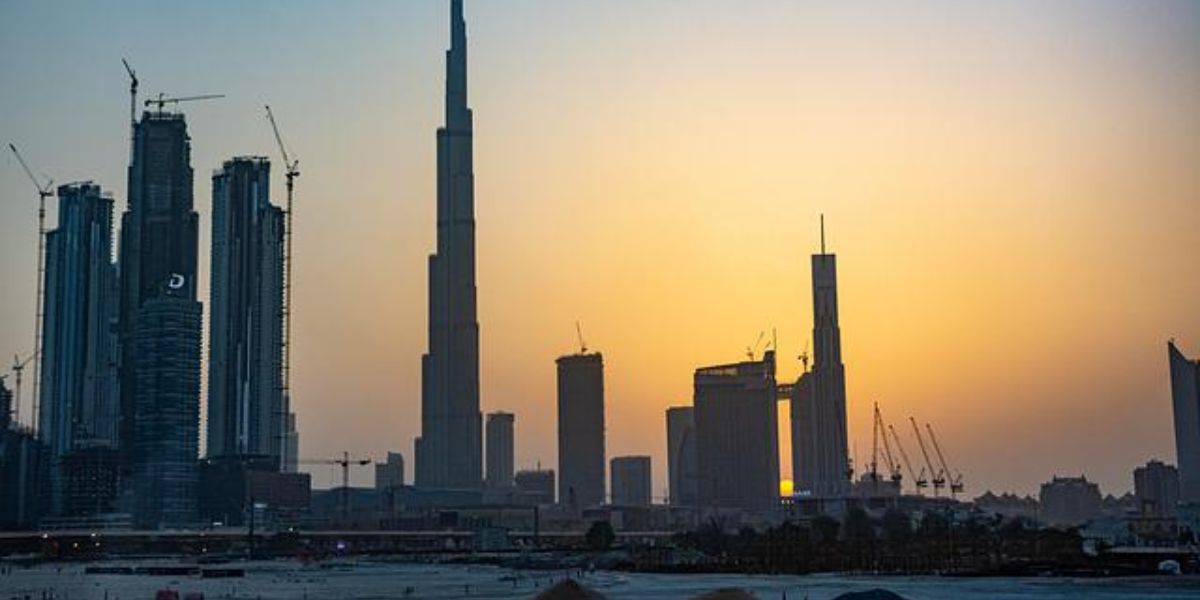The Ministry of Finance was published the implementing regulations to the Excise Tax Law. This Excise Tax Law regarding production of excise goods in the UAE, import of excise goods in the UAE, release of excise goods from a designated zone and stockpiling of excise goods in the course of conducting business became enter into force from October 1, 2017. As per the Federal Decree-Law No (7) of 2017, excise tax imposes on production of excise goods in the UAE, import of excise goods in the UAE, release of excise goods from a designated zone and stockpiling of excise goods in the course of conducting business.
Cabinet Decision No. 38/2017 goes into the specifics of the excise tax system. From October 1, 2017, the excise rates are 50% for carbonated drinks and 100% for tobacco products and energy drinks. It defines excise price as the higher of the price published by the Authority for the excise good in a standard price list and the designated retail sales price for the excise good, minus the tax included.
Cabinet Decision No. 37/2017 identifies the liable person for paying excise tax and who conducted the activity (importing, producing or stockpiling excise goods) has not settled the tax, someone in the supply chain, an investor with a financial interest in the supply chain, or the owner of the excise goods. Excise tax available in a registered designated zone cannot be charged excise tax until released from the zone. The new law mandates that businesses must be registered through the Federal Tax Authority’s interactive website. From October 1, any non-registered business is prohibited from conducting above activities in the country. A tax period for excise tax will be the calendar month, where the taxable person is expected to submit their tax return no later than the 15th day of the month following the tax period. The Decree-Law says declarations must be filed regularly and tax records be kept in line with a set of requirements, like retaining price lists of excise goods produced, imported or sold and abiding by specific time frames, limitations and conditions.
The UAE and Saudi Arabia have said they will implement VAT from January 1, 2018, while the other GCC states of Bahrain, Kuwait, Oman and Qatar are expected to follow suit during the year.













